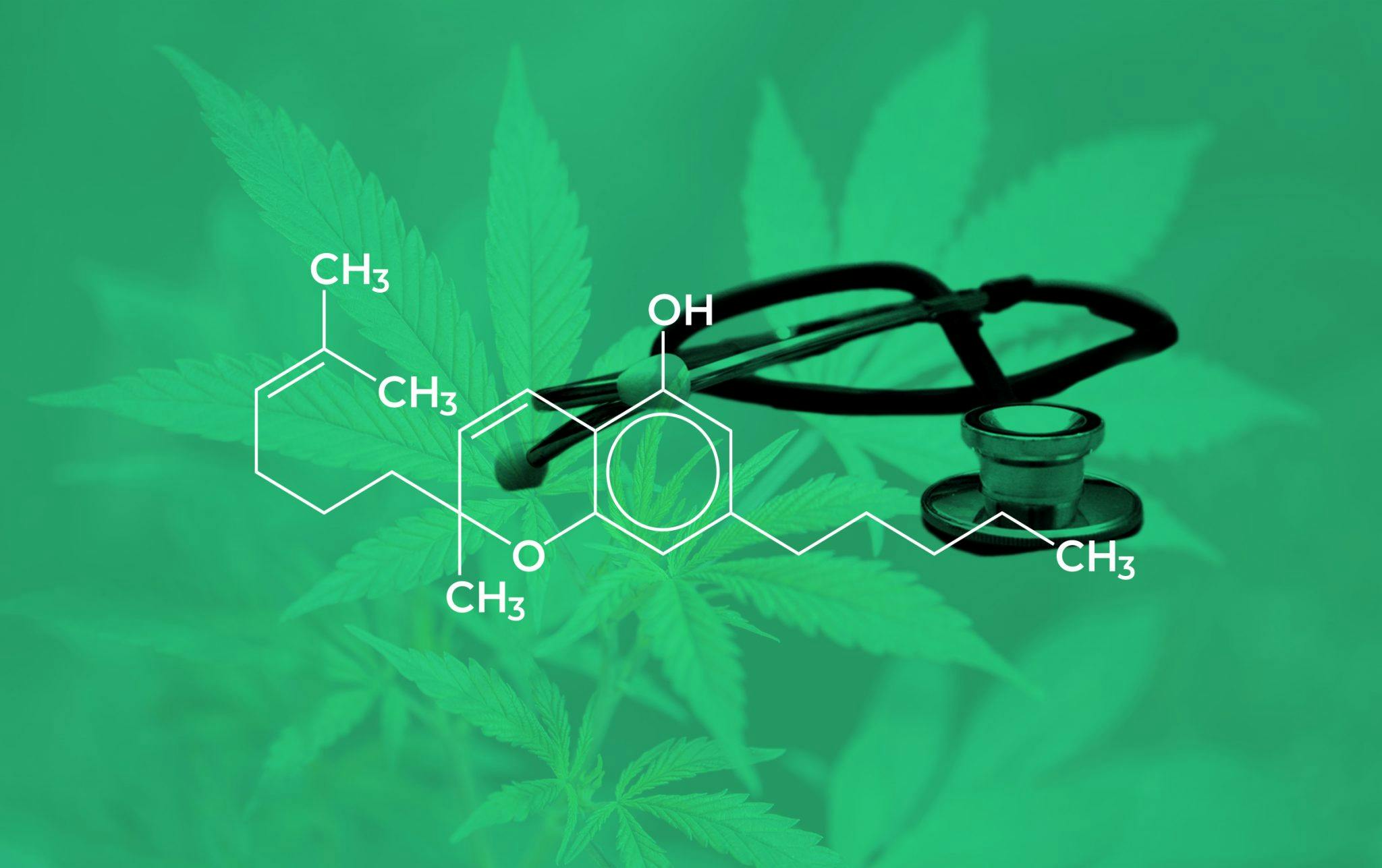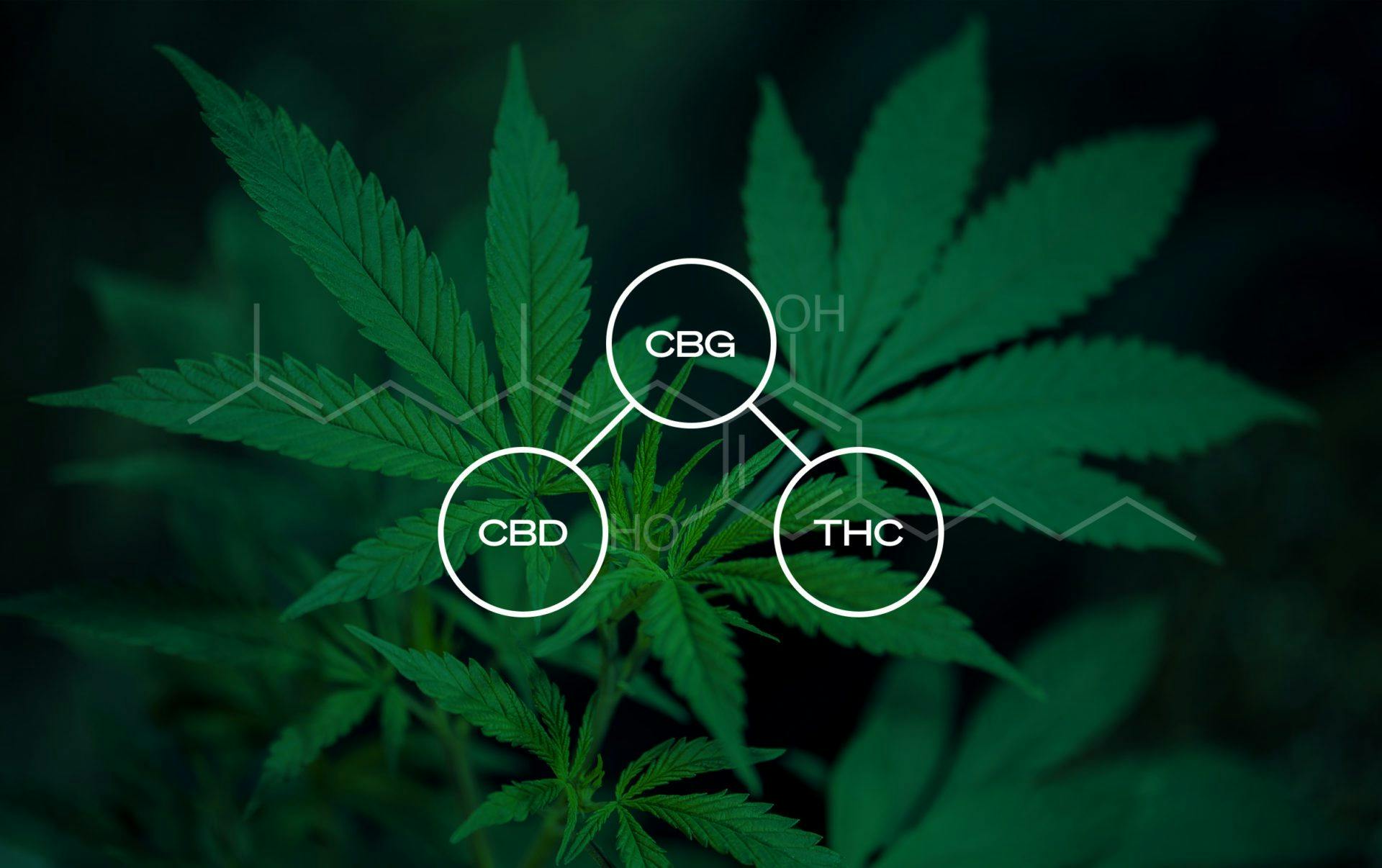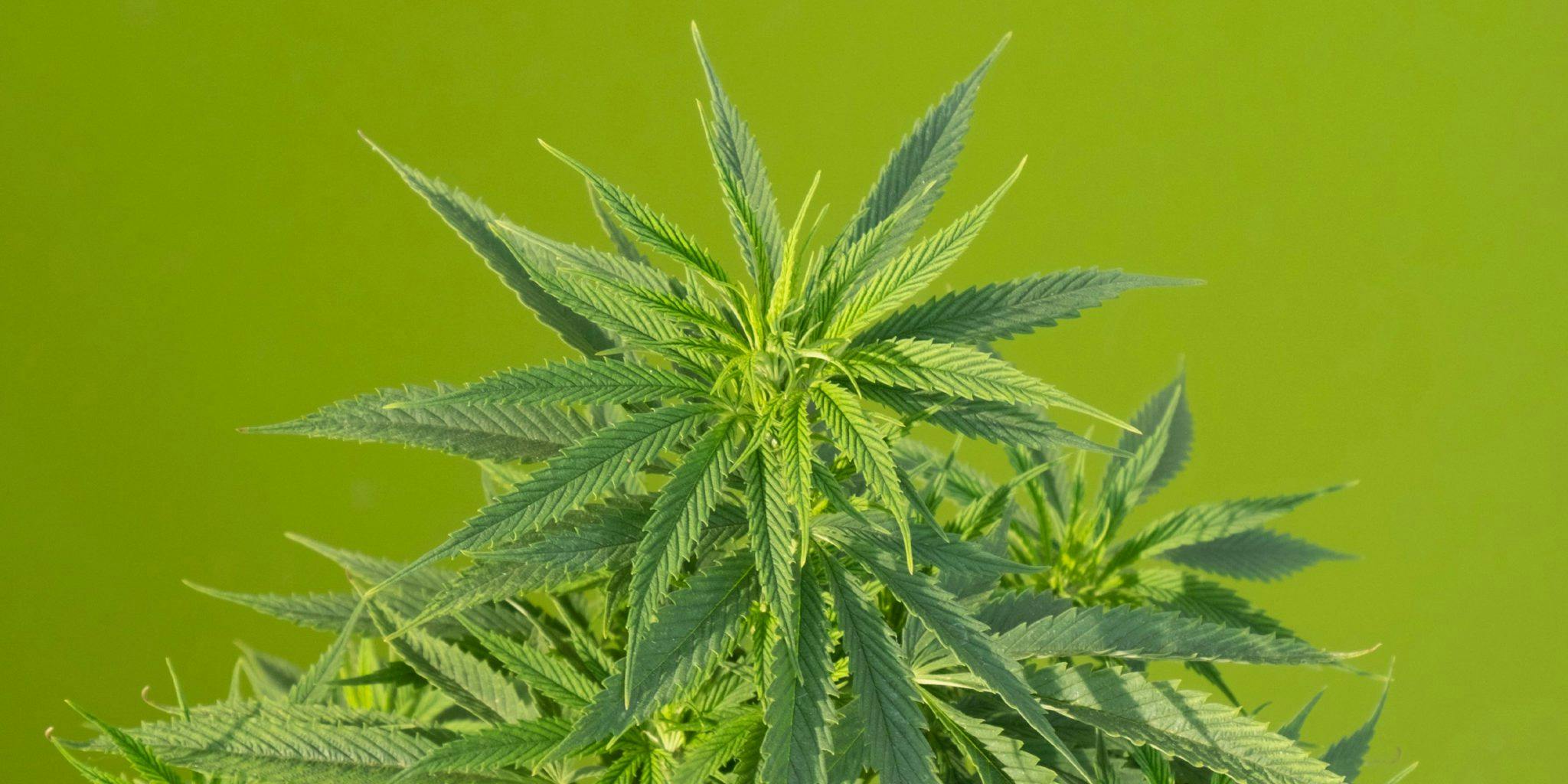What is Cannabichromene (CBC)? Everything You Need to Know

Article written by

Tina MagrabiSenior Content Writer
Content reviewed by

Dr. Lewis JasseyMedical Director - Pediatric Medicine
Discovered in the 1960s, cannabichromene (CBC) is the third most prominent cannabinoid found in the cannabis plant, behind CBD and THC. However, CBC remains obscure, and it’s not well understood. What is known, however, is that CBC has significant potential to treat inflammation and could be immensely useful in the reduction of pain and promoting the growth of new brain cells.
We also know that CBC works in tandem with other cannabinoids like THC, CBD, CBG and CBN, which ultimately boosts their anti-inflammatory and other therapeutic effects. This contribution to the entourage effect makes CBC a very versatile cannabinoid and one that merits further study.
Learn about the scientific studies already conducted on CBC and the implications for a wide spectrum of conditions.
How CBC Works
CBC is a potent anti-inflammatory and could possibly be more useful than CBD as an antidepressant. In contrast, CBC does not produce a euphoric high like THC.
However, CBC binds with certain cannabinoid receptors in the human body, including receptors linked to pain perception.
Furthermore, CBC may be up to 10 times more potent than CBD for treating stress and anxiety and also has significant anti-inflammatory, pain-reducing, antiviral, anti-tumor, and bone-growth-stimulating properties.
What Is the Difference Between CBC, CBD, and THC?
Like CBD, CBC is non-psychoactive. This lack of ability to produce a “high” sets CBC apart from THC.
In addition, CBC behaves differently within the endocannabinoid system (ECS) or the master regulator of body functions. CBC can interact with receptors outside the ECS, distinguishing it from other cannabinoids.
Through this interaction with various receptors, CBC appears to have an especially strong effect on pain and inflammation, possibly even stronger than dangerously addictive opioids. With further research and testing, CBC could become a valuable tool in the battle against opioid addiction.
What Can CBC Be Used For?
Early research shows that CBC may be useful in the treatment of a variety of health conditions, including:
- Depression and Anxiety
- Pain and Inflammation
- Cancer
- Neurological Conditions
- Acne
While research into the benefits of CBC is still lacking, the research is promising. Here is what some of the current scientific evidence into CBC suggests.
Depression and Anxiety.
CBC could be extremely effective in treating anxiety and depression and combines with THC and CBD to deliver an entourage effect of mood-boosting properties. CBC and CBG could be even more powerful than THC and CBD in treating anxiety and depression, but further research is needed to back up ever-increasing anecdotal evidence.
Pain and Inflammation.
CBC has been shown to be potentially useful in pain management. CBC may also desensitize certain channels and may combine with THC and CBD to make a particularly potent anti-inflammatory. CBC may affect the receptor involved in pain detection and regulating the body’s heat.
Cancer.
One study on the anti-cancer effects of cannabinoids other than THC found that CBC was the second-most effective cannabinoid at inhibiting the growth of new cancer cells. In this study, it was found that CBG and CBC were particularly potent anticancer compounds.
Part of CBC’s efficacy in beating cancer seems to be linked to its ability to increase the amount of anandamide in the body. Anandamide is a neurotransmitter that plays a major role in pain, mood, appetite, memory, fertility, and other crucial functions.
Patients who are suffering from estrogen-positive breast cancers may need to be careful of increasing levels of anandamide in the body, especially with THC. CBC’s and CBD’s effects may reduce THC’s estrogen-promoting effects and retain its cancer-beating properties.
CBC has been seen to fight breast cancer in vitro (in the womb) and in vivo (in a living organism), showing great promise that CBC and other cannabinoids might prevent cancer from developing in the first place. CBC combined with THC and CBD may be extremely effective in beating cancer and can be used as an adjunct to chemotherapy.
Neurological Conditions.
CBC has shown particular promise as a compound that promotes healthy brain function.
One 2013 study showed that CBC had a positive effect on the cells responsible for the development of a child’s brain and plays an important role in adult learning and memory.
The therapeutic properties of CBC also make it potentially very useful in treating neurological diseases and brain pathologies like traumatic brain injury (TBI), multiple sclerosis (MS), Alzheimer’s disease, and Parkinson’s disease.
Acne.
CBC has powerful anti-inflammatory properties and, as with CBD, suppresses excessive lipid production in the sebaceous (oil-producing) glands. As clogged sebaceous glands are implicated in the development of acne, CBC could help fight breakouts.
Possible Side Effects and Interactions
Currently, there is little insight into the possible side effects and drug interactions of CBC. As research into this cannabinoid continues, more information may become available.
Download Free Guide to CBC
Is CBC Legal?
As a controlled substance made from marijuana, CBC is not available over the counter like CBD is. A medical marijuana card would be required to purchase marijuana products that contain CBC.
If derived from hemp, CBC likely shares the same legal status as CBD. But laws vary from state to state and are constantly changing, so be aware of where it is legal to purchase CBC.
Strains of Cannabis High in CBC
The following strains contain higher-than-average concentrations of CBC:
- Maui Dream (Maui Wowie x Blue Dream)
- Blue Cherry Soda (precise genetics unknown, but could be a cross between Blueberry x Black Cherry Soda)
- Charlotte’s Web (a variety of hemp hailing from the Stanley Brothers)
- Purple Cadillac (Purple Urkle x The Black x Blackberry Kush)
- Bubba Cookies (Bubba Kush x Girl Scout Cookies (GSC))
- Purple Candy (Sweet Tooth x Mendocino Purps)
- Sour Tsunami (Sour Diesel x Tsunami)
Final Thoughts on CBC
CBC is an emergent cannabinoid that may prove useful in treating conditions ranging from acne to cancer. The ability of CBC to function alongside other cannabinoids in the entourage effect makes it a promising treatment.
To legally integrate CBC into your health regimen, reach out to one of Leafwell’s qualified on-call physicians. Schedule a visit with our virtual clinic and apply for your medical marijuana card today.
Get Your Medical Card
Connect with a licensed physician online in minutes.


